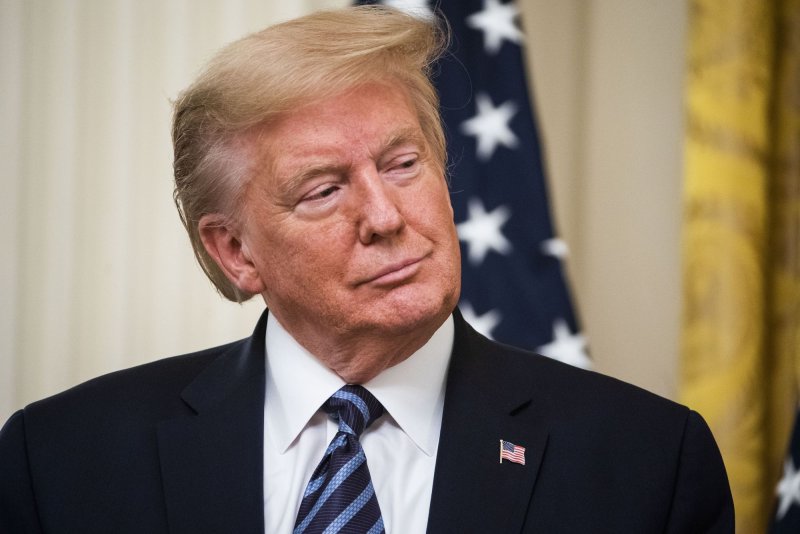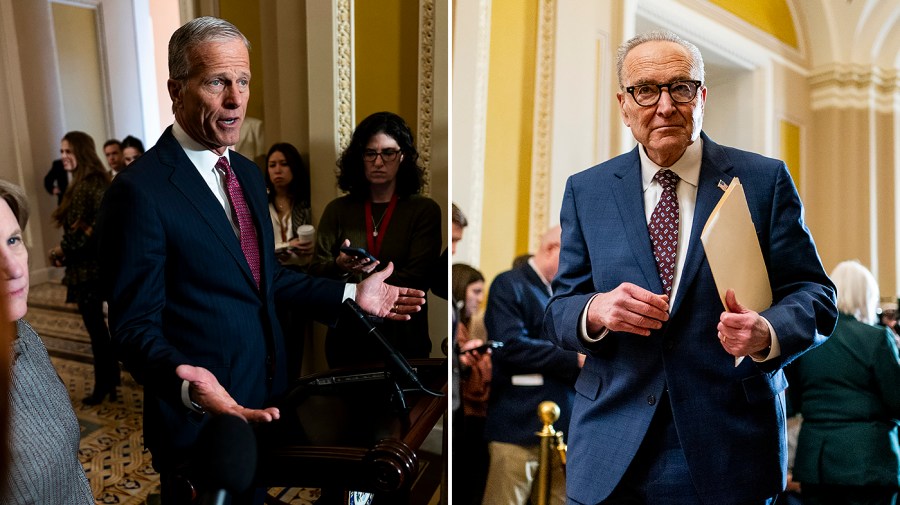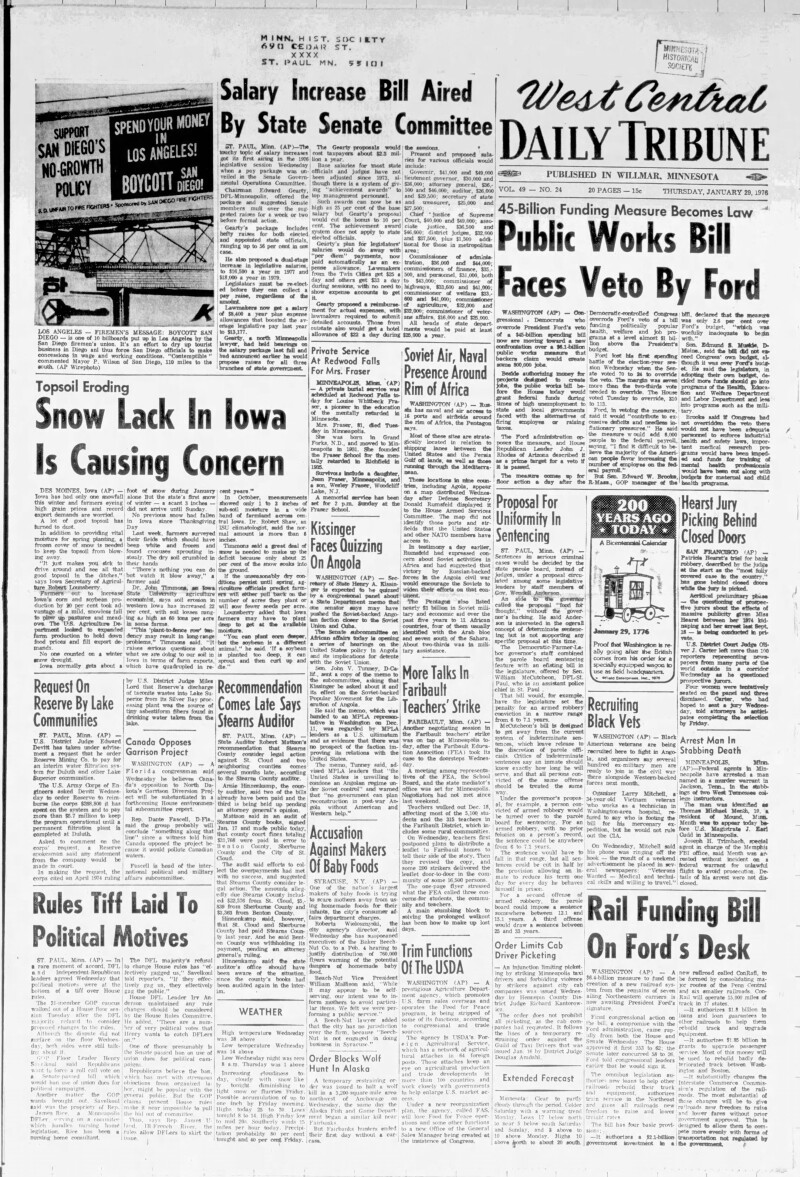
The University of Virginia has reached a settlement with the Department of Justice (DOJ) that will halt ongoing federal investigations into the institution’s admissions policies and civil rights practices. This agreement, announced on October 23, 2023, comes as part of a broader initiative by the Trump administration to address perceived left-leaning ideologies within higher education.
Both the University of Virginia and the DOJ confirmed the terms of the settlement, which include the university’s commitment to adhere to the recently issued Guidance for Recipients of Federal Funding Regarding Unlawful Discrimination. This guidance, released in late July, links federal funding to the administration’s interpretation of civil rights laws, particularly concerning diversity, equity, and inclusion (DEI) initiatives.
Under the agreement, the University of Virginia will provide relevant data to federal prosecutors on a quarterly basis through 2028. Notably, the university will not incur any financial penalties as part of this settlement. In a letter to the university community, interim President Paul Mahoney emphasized that the agreement preserves the academic freedom of faculty, students, and staff. He stated, “We will be treated no less favorably than any other university in terms of federal research grants and funding.”
Political Context and Implications
Since his return to the White House in January, Donald Trump has utilized executive powers to target numerous universities, particularly elite institutions, with a series of executive orders and legal actions. These initiatives have included allegations ranging from anti-Semitism to the enforcement of controversial DEI policies. Critics have accused Trump of pressuring universities to adopt far-right policies under the threat of losing federal funding.
The University of Virginia’s decision to settle is particularly significant as it is one of seven institutions that have declined to sign Trump’s 10-part Compact for Academic Excellence in Higher Education. This compact invites universities to commit to specific reforms, including prohibiting transgender women from using women’s facilities, in exchange for priority access to federal funding.
Reaction to the settlement has been mixed. Senator Chris Van Hollen of Maryland criticized the University of Virginia for yielding to what he described as “Trump’s bullying,” asserting that the settlement encourages further coercive tactics from the administration. He remarked on social media, “It’s not just wrong — it’s counterproductive, feeds the beast and just encourages more mafia-like blackmail from this lawless administration.”
Similarly, Senator Scott Surovell of Virginia labeled the agreement a “surrender,” arguing that it reflects an expansion of federal power that would have been unacceptable in previous administrations. He stated on social media, “We have the right to run our universities.”
The settlement may set a precedent for other universities navigating the pressures of federal oversight while attempting to maintain their academic integrity. As institutions grapple with the evolving landscape of federal funding and educational policy, the implications of this agreement will likely resonate beyond the University of Virginia.






